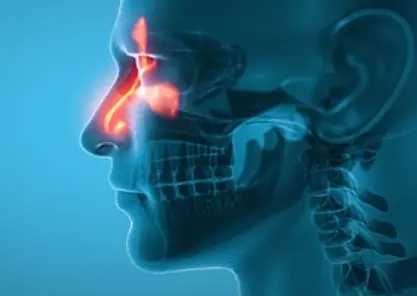 Welcome
Welcome
“May all be happy, may all be healed, may all be at peace and may no one ever suffer."
- A
- B
- C
- D
- E
- F
- G
- H
- I
- J
- K
- L
- M
- N
- O
- P
- Q
- R
- S
- T
- U
- V
- W
- X
- Y
- Z
Duodenal ulcer - Generics
A duodenal ulcer is a sore that develops on the lining of the first part of the small intestine, called the duodenum. It is a type of peptic ulcer, which can also occur in the stomach and esophagus. Duodenal ulcers are often caused by a bacterial infection called Helicobacter pylori (H. pylori) or by the long-term use of nonsteroidal anti-inflammatory drugs (NSAIDs), such as aspirin or ibuprofen.
Common symptoms of a duodenal ulcer may include abdominal pain, which can be described as a burning or gnawing sensation, and pain that typically occurs when the stomach is empty, such as between meals or during the night. Other symptoms may include bloating, nausea, vomiting, and weight loss.
Treatment for a duodenal ulcer typically involves a combination of medications to reduce stomach acid and antibiotics to eliminate H. pylori infection. Proton pump inhibitors (PPIs) and histamine-2 (H2) blockers are commonly prescribed to reduce the production of stomach acid, allowing the ulcer to heal. If the ulcer is caused by H. pylori infection, a combination of antibiotics may be prescribed to eliminate the bacteria. Lifestyle changes, such as avoiding smoking and limiting alcohol intake, may also be recommended.
In rare cases, a duodenal ulcer may require surgical intervention, such as if it is causing severe bleeding or has perforated the wall of the duodenum.
If you are experiencing symptoms of a duodenal ulcer, it is important to talk to your healthcare provider for a proper diagnosis and treatment plan. Early treatment can help prevent complications and promote healing of the ulcer.

Bone marrow stimulation

Carcinoma in situ

Chronic Fatigue Syndrome

Fungal keratitis

Sinusitis

Crural ulcer

Short bowel syndrome

Chloroquine-resistant fal...
Duodenal ulcer, গ্রহণীসংক্রান্ত ঘাত
To be happy, beautiful, healthy, wealthy, hale and long-lived stay with DM3S.